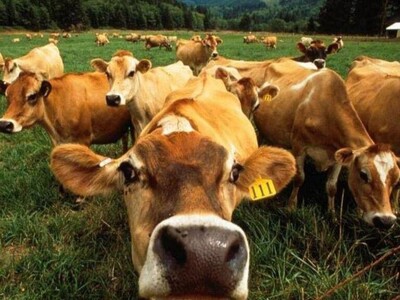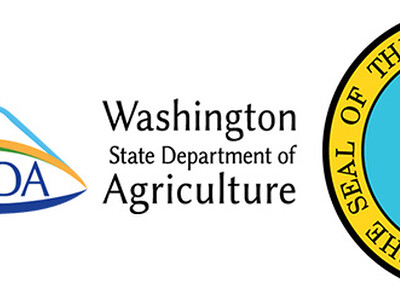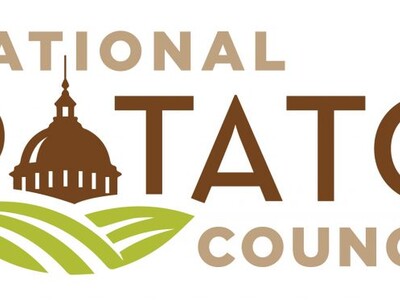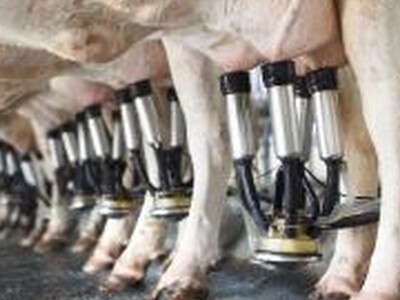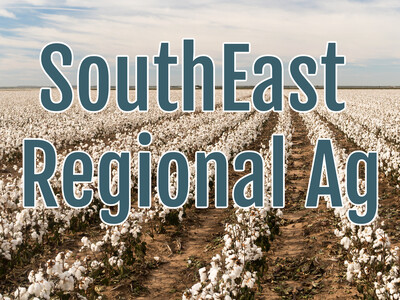Insect Monitoring & Tri-State Tour
Earlier this month tuberworm damage was reported in potatoes being harvested in fields between Eltopia and Pasco, and insect sampling crews reported finding potato psyllids in commercial fields from Connell to Hermiston. Psyllids carry the bacterium that causes zebra chip. Research Entomologist, Joe Munyaneza, talks about monitoring for zebra chip in Washington, Oregon, and Idaho.
MUNYANEZA: We have been testing psyllids collected in Washington and so far we have not detected a single infected psyllid. Apparently in Oregon they had a couple of infected potato plants in one field near Hermiston, and then I believe there were a few plants infected with zebra chip found in Idaho.
Munyaneza says it’s early yet in the harvest season, and it’s possible in the next few weeks infected plants may surface. Growers, therefore, will need to continue scouting for psyllids and the disease.
Starting mid September potato breeders representing the USDA’s Agricultural Research Service, WSU, OSU, and the University of Idaho will be closely examining a multitude of new clones at experimental fields in Hermiston and Klamath Falls, Oregon, and Aberdeen, Idaho. The annual Tri-State Tour is a chance for breeders to get their first glimpse of potato tubers. Based on determinants such as disease resistance, and stress and drought tolerance, many of the clone varieties will not be chosen to continue in the development process. Executive Director of the Potato Variety Management Institute, Jeanne Debons, says that “If there’s going to be a promising new potato, this is where researchers see it for the first time”.
I’m Lacy Gray and that’s Washington Ag Today on the Northwest Ag Information Network.




